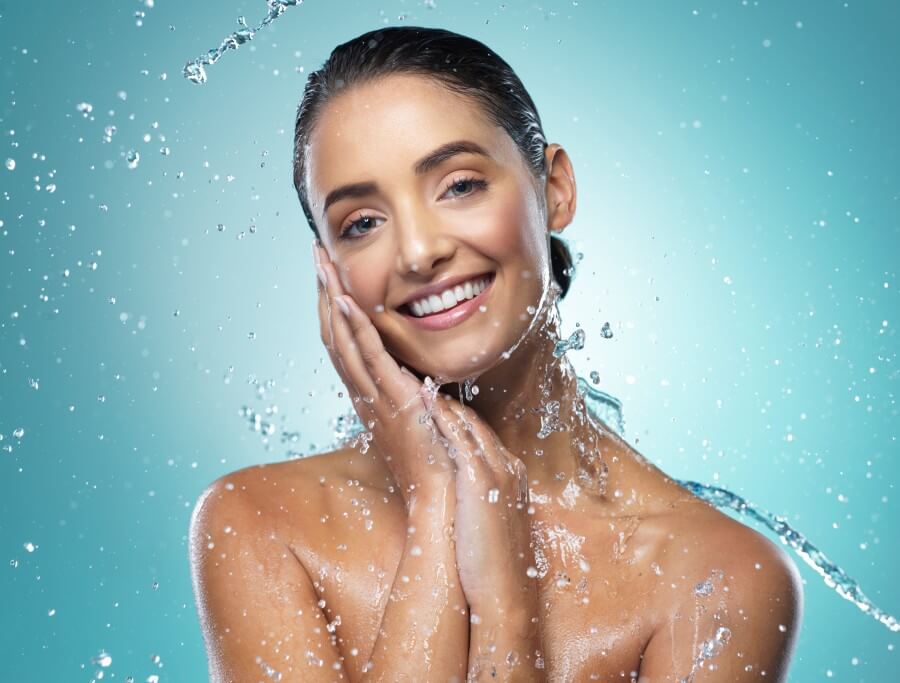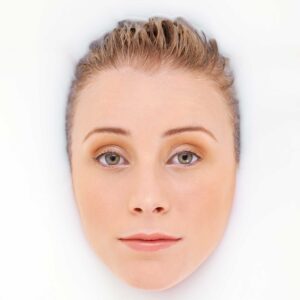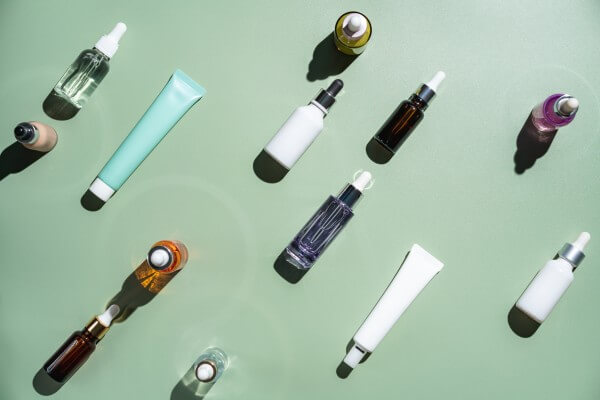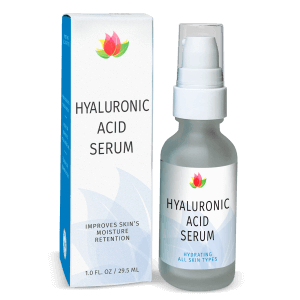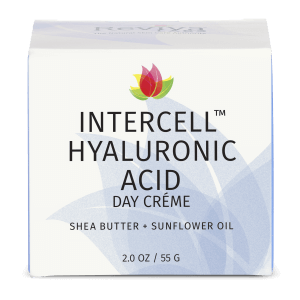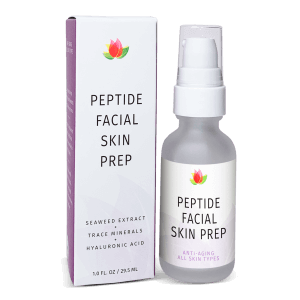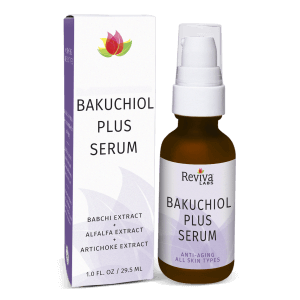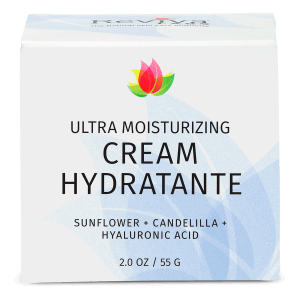Ingredients, Natural, Reviva Labs, Skin Care
Does Hydrating Skin Help Acne?
Acne is a common skin concern that affects millions of people worldwide. While many factors contribute to acne, one aspect that is often overlooked is the role of hydration in helping to manage this condition. Proper hydration is crucial for maintaining healthy skin, and perhaps counter intuitively, it can play a significant role in the prevention and treatment of acne.
Understanding the Link Between Hydration and Acne
The skin’s outermost layer, the stratum corneum, requires adequate hydration to function effectively. When the skin is dehydrated, it can lead to a compromised skin barrier, making it more susceptible to irritation and inflammation. These conditions can exacerbate acne by promoting the overproduction of sebum and the proliferation of acne-causing bacteria.
Additionally, being hydrated allows the skin to be more effective at shedding dead skin cells. This important shedding process is known as desquamation. When dead skin cells accumulate, they can clog pores and contribute to the formation of acne lesions. By maintaining proper hydration, the skin can more efficiently exfoliate itself and reduce the likelihood of clogged pores. Hydration also allows the skin to maintain a balance in oil production that then helps reduce the likelihood of acne flare-ups.
The Impact of Hydration on Acne Treatment
Hydration plays a vital role in the effectiveness of acne treatments. Many acne medications, particularly topical retinoids, can cause skin dryness and irritation. Hydrated skin is better equipped to tolerate these side effects, making the treatment more manageable and increasing the chances of adherence.
A study published in the Journal of Clinical and Aesthetic Dermatology found that using a combination of a hydrating cleanser with a moisturizer significantly improved skin hydration and reduced the severity of acne in participants using topical acne treatments (Source: Journal of Clinical and Aesthetic Dermatology). This study clearly supports the importance of incorporating hydrating products into your acne treatment regimen.
Choosing the Right Hydrating Products for Acne-Prone Skin
When selecting hydrating products for acne-prone skin, it’s essential to choose formulations that are non-comedogenic, meaning they won’t clog pores, and that they are specifically designed for sensitive or acne-prone skin. Here are some product recommendations:
Hydrating Cleansers
Look for gentle, hydrating cleansers that effectively remove impurities without stripping the skin of its natural oils. Products containing ingredients like hyaluronic acid or glycerin can help attract and retain moisture.
Oil-Free Moisturizer
Opt for lightweight, oil-free moisturizers that provide hydration without clogging pores. Ingredients like ceramides and niacinamide can help strengthen the skin barrier and reduce inflammation.
Hydrating Serums
Serums containing hyaluronic acid or panthenol can provide an extra boost of hydration and are easily absorbed by the skin without leaving a greasy residue.
Soothing Gel Masks
Gel-based masks with ingredients like aloe vera or cucumber can offer immediate hydration and soothing benefits, especially after exfoliating treatments or when the skin feels irritated.
Sunscreen
Daily use of a broad-spectrum sunscreen is crucial for protecting acne-prone skin from further damage. Look for hydrating formulas that offer both UV protection as well as some moisture.
The link between hydration and managing breakouts is clear. In fact, proper hydration can be a valuable ally in the fight against acne. Whether through hydrating serums, gel-based moisturizers, or hydration-focused treatments, maintaining optimal skin hydration is a critical step towards achieving clearer, healthier skin. Remember to consult with a dermatologist to determine the best skincare regimen for your specific needs and to ensure that your acne treatment plan is effective and safe for your skin type.



